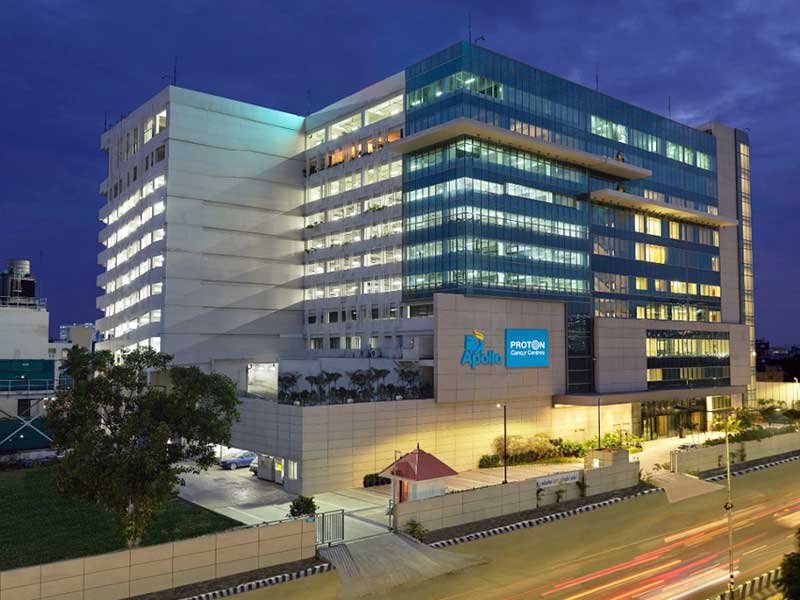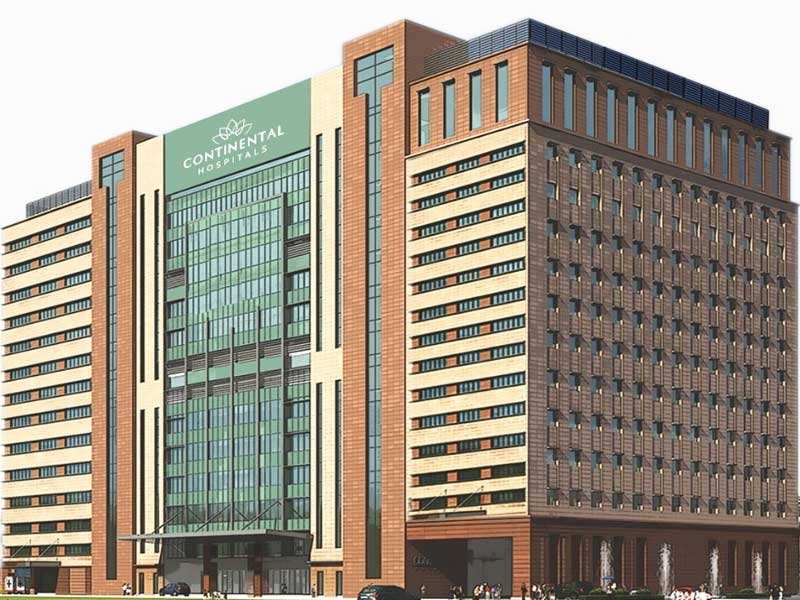Home Treatments Neurology
Neurology is the medical speciality field concerned with the study, diagnosis, prevention and treatment of disorders related to the nervous system. The nervous system in our body is categorised into two parts:
Central Nervous System: It consists of the brain and the spinal cord.
Peripheral Nervous System: This consists of the nerves that have roots in the spinal cord and extend to other body parts.
Doctors who are specially trained to treat disorders of the nervous system are called Neurologists. Neurologists can practise both medicine and surgery. The doctors who perform surgeries related to neurology are called neurosurgeons.
Some common procedures to treat neurological disorders are:
Tests for muscle power, memory, eye health and vision, and coordination are all part of a neurological examination. The exams typically don't hurt, but they could be slightly uncomfortable. For their initial neurology appointment, patients won't need to do anything ahead of time.
According to medical terminology, neurological disorders are conditions that affect the spinal cord, brain, and body's nerves. Various symptoms can be caused by structural, metabolic, or electrical abnormalities in the brain, spinal cord, or other nerves. Thus, visit the neurologist as soon as you see any symptoms in you or your loved one.

Beds: 539
New Delhi

Beds: 230
New Delhi

Beds: 710
New Delhi

Beds: 650
New Delhi

Beds: 191
New Delhi

Beds: 310
New Delhi

Beds: 299
Gurugram

Beds: 380
New Delhi

Beds: 402
New Delhi

Beds: 1300+
Gurugram

Beds: 1000
New Delhi

Beds: 450
Faridabad

Beds: 675
New Delhi

Beds: 500
New Delhi

Beds: 400+
Faridabad

Beds: 106
New Delhi

Beds: 495
New Delhi

Beds: 104
Gurugram

Beds: 250
Gurugram

Beds: 300
Gurugram

Beds: 200
New Delhi

Beds: 162
New Delhi

Beds: 400+
New Delhi

Beds: 380
Faridabad

Beds: 262
New Delhi

Beds: 325
Faridabad

Beds: 550
Gurugram

Beds: 2600
Faridabad

Beds: 400
Noida

Beds: 450
Chennai

Beds: 560
Chennai

Beds: 400
Chennai

Beds: 300
Chennai

Beds: 150
Chennai

Beds:
Chennai

Beds: 300
Chennai

Beds: 180
Chennai

Beds: 200
Chennai

Beds: 750
Mumbai

Beds: 2000
Hyderabad

Beds: 1000
Chennai

Beds: 360
Chennai

Beds: 750
Chennai

Beds: 350
Mumbai

Beds: 345
Mumbai

Beds: 300
Mumbai

Beds: 350
Mumbai

Beds: 350
Mumbai

Beds: 310
Mumbai

Beds: 257
Mumbai

Beds: 600
Bengaluru

Beds: 284
Bengaluru

Beds: 450
Bengaluru
.jpg)
Beds: 500
Bengaluru

Beds: 250
Bengaluru

Beds: 80
Bengaluru

Beds: 284
Bengaluru

Beds: 350
Ahmedabad

Beds: 289
Ahmedabad

Beds: 210
Ahmedabad

Beds:
Ahmedabad

Beds: 550
Ahmedabad

Beds: 1000
Hyderabad

Beds: 550
Hyderabad

Beds: 150
Hyderabad

Beds: 400
Hyderabad

Beds: 435
Hyderabad

Beds: 585
Hyderabad

Beds: 600
Pune

Beds: 500
Pune

Beds: 350
Pune

Beds:
Pune

Beds: 120
Pune

Beds: 100
Pune

Beds: 300
Kolkata

Beds: 700
Kolkata

Beds: 316
Kolkata

Beds: 440
Kolkata

Beds: 200
Kolkata

Beds: 1300
Kochi

Beds: 600
Calicut

Beds: 670
Kochi

Beds: 510
Kochi

Beds:
Kochi

Beds: 20
Chennai

Beds: 450
Noida

Beds: 150
Hyderabad

Beds: 500
Mumbai

Beds: 22
Mumbai
Our care team can help you.
